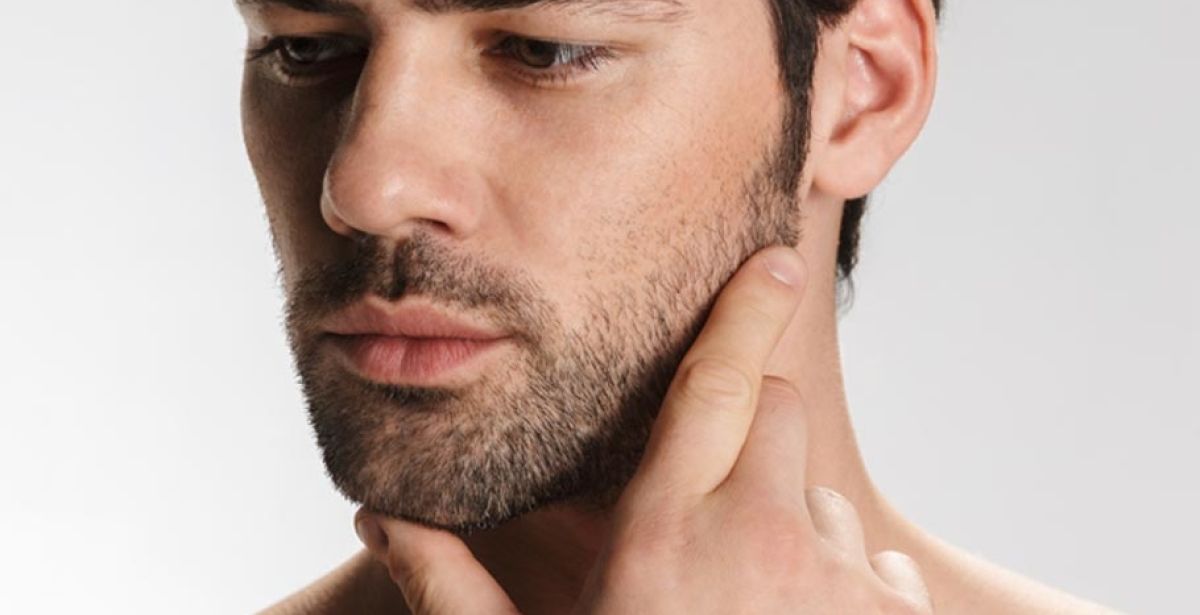Mustache hair transplants have gained popularity as a reliable solution for individuals seeking to enhance their facial hair density and achieve a fuller, more aesthetically pleasing mustache. Understanding the long-term results of this procedure is crucial for those considering it. This guide will explore what to expect in terms of growth, maintenance, satisfaction, and overall results following a Mustache Hair Transplant in Dubai.
1. Understanding Mustache Hair Transplants
Procedure Overview
Mustache hair transplants typically involve the transfer of hair follicles from a donor area, often the scalp, to the mustache region. The most common methods include:
- Follicular Unit Extraction (FUE): Individual hair follicles are extracted and implanted into the mustache area.
- Follicular Unit Transplantation (FUT): A strip of scalp is removed, and individual follicular units are harvested for transplantation.
Immediate Results
After the procedure, patients will notice immediate changes, but it’s essential to understand that the initial appearance may not be indicative of long-term results.
2. Growth Timeline
Shedding Phase
- Weeks 1-3: After the transplant, the newly transplanted hair may shed, which is a normal part of the hair growth cycle. This shedding occurs as the hair follicles enter a resting phase.
New Growth Phase
- Months 2-4: New hair growth typically begins around two months post-procedure. The hair that grows initially may be fine and soft, gradually gaining thickness over time.
Full Results
- 6-12 Months: Most patients start to see significant results within six to twelve months after the transplant. By this time, the hair should be fuller and more robust, resembling the desired mustache look.
3. Longevity of Results
Permanent Solution
One of the primary advantages of mustache hair transplants is their permanence. The transplanted hair follicles are usually resistant to hair loss, meaning they should continue to grow throughout a person's life.
Maintaining Results
While the results are long-lasting, ongoing care is essential to keep the mustache looking its best. Some individuals may consider periodic touch-up procedures to maintain density or address any areas that may require additional growth.
4. Factors Influencing Long-Term Results
Genetics
Genetic predisposition plays a critical role in hair growth patterns. Some individuals may be more prone to thinning hair, which can affect the overall appearance of the mustache over time.
Lifestyle Choices
- Diet and Nutrition: A balanced diet rich in vitamins and minerals supports healthy hair growth. Nutritional deficiencies can negatively impact both transplanted and existing hair.
- Smoking and Alcohol Consumption: These habits can impede blood circulation and overall hair health, potentially influencing the longevity of the results.
- Sun Exposure: Excessive sun exposure can damage hair follicles. Wearing hats or using hair care products with UV protection can help maintain hair health.
Post-Operative Care
Following the surgeon's post-operative care instructions is crucial for achieving optimal long-term results. This includes avoiding excessive manipulation of the area, using gentle hair care products, and attending follow-up appointments for monitoring.
5. Satisfaction and Quality of Life
Enhanced Aesthetics
Patients often report increased confidence and satisfaction with their appearance following a mustache hair transplant. A fuller mustache can significantly enhance facial features and contribute to a more balanced look.
Psychological Benefits
Many individuals experience improved self-esteem and overall well-being after the procedure. Feeling satisfied with one’s appearance can lead to increased confidence in social situations and personal interactions.
6. Conclusion
The long-term results of mustache hair transplants can be highly rewarding, offering a permanent and effective solution for those looking to enhance their facial hair. By understanding the growth timeline, the factors that influence results, and the importance of ongoing care, patients can set realistic expectations and enjoy the benefits of their new mustache. Consulting with a qualified surgeon is crucial for anyone considering this procedure, ensuring tailored advice and the best possible outcomes.






Comments